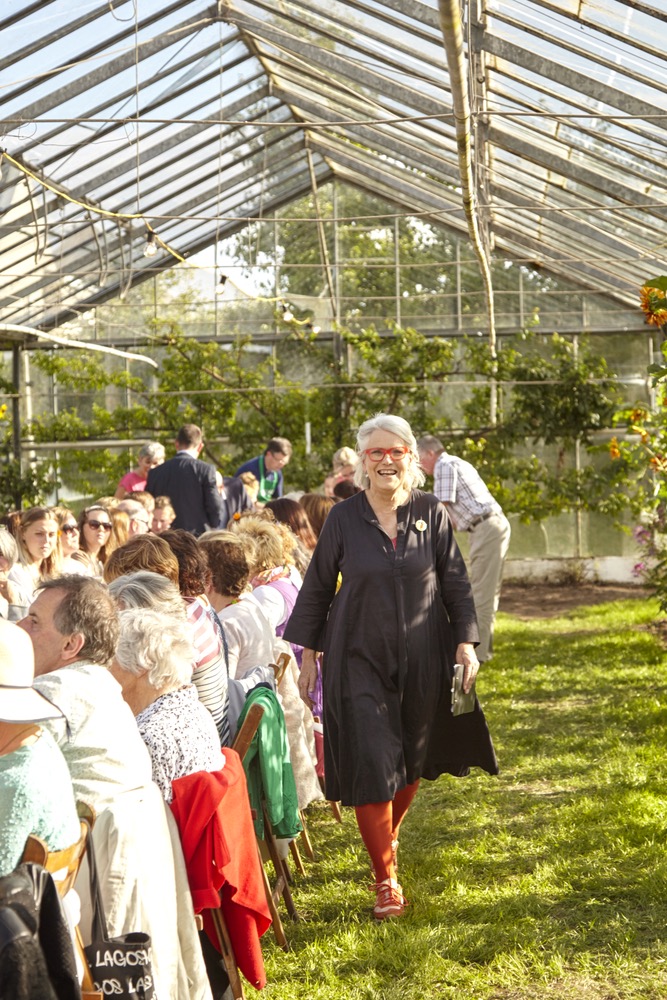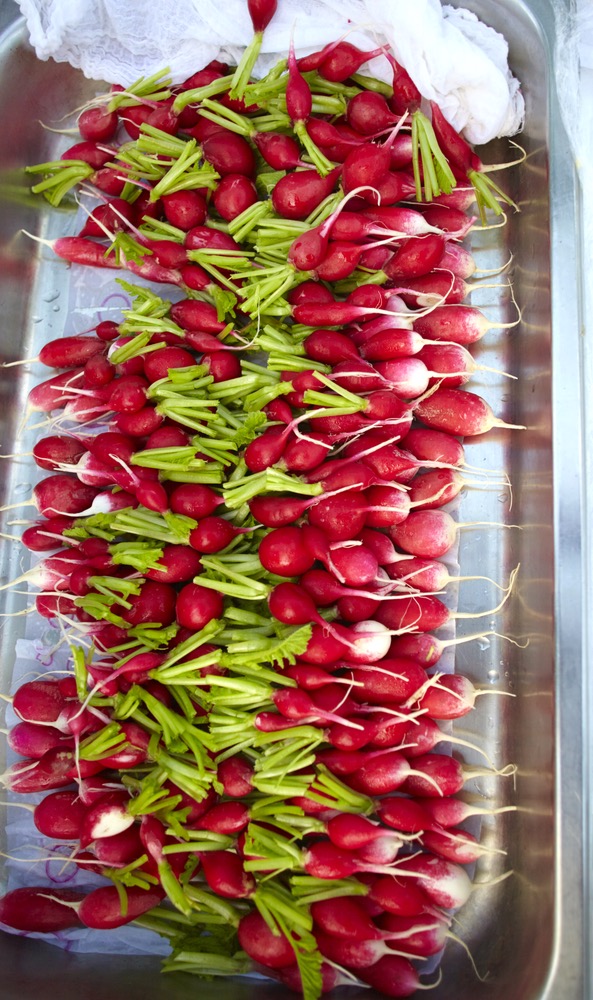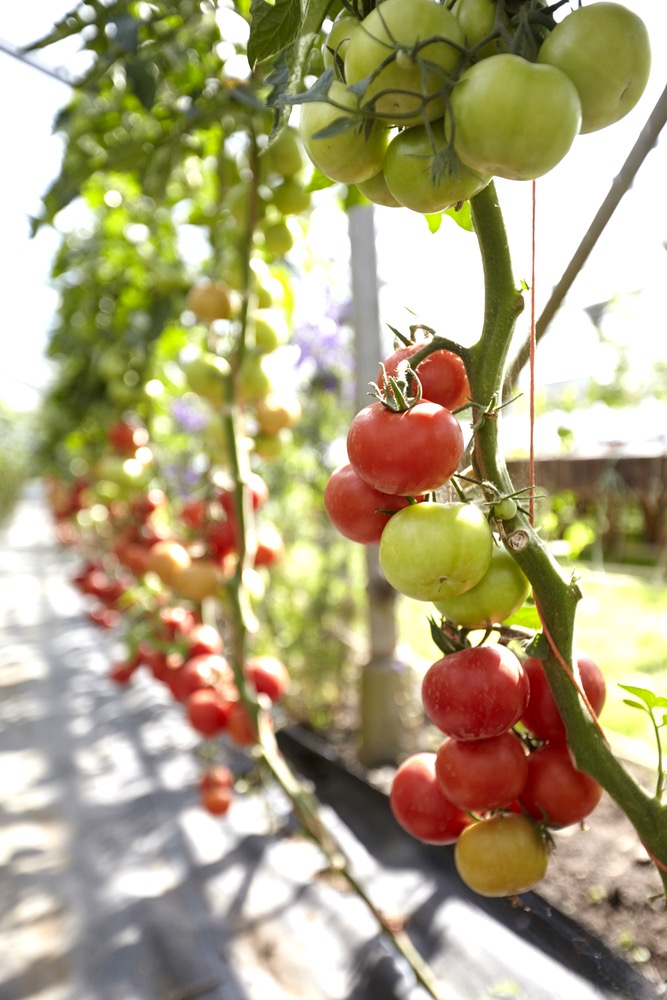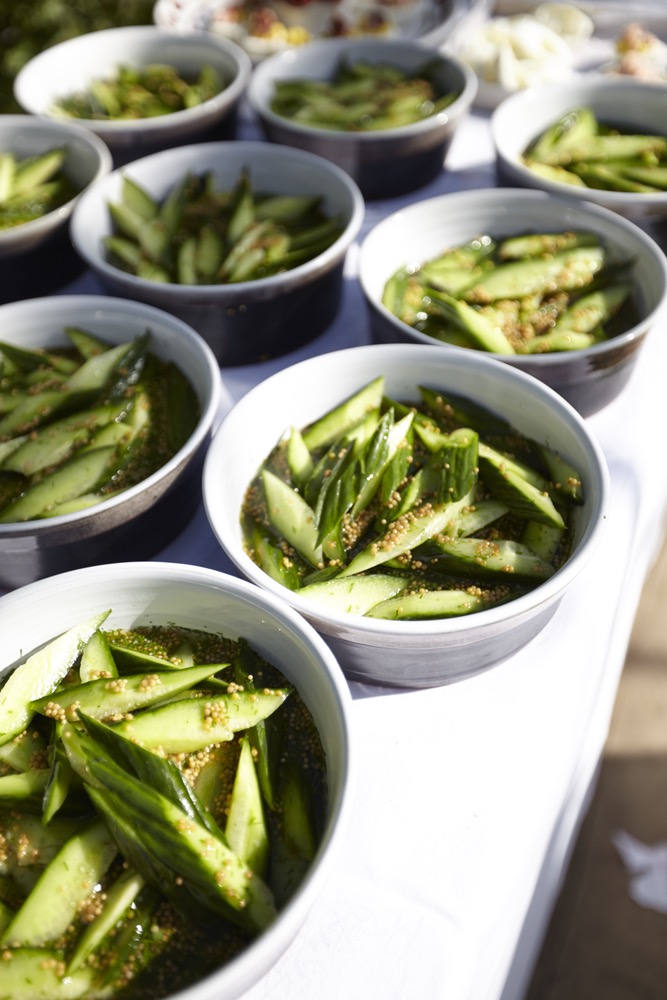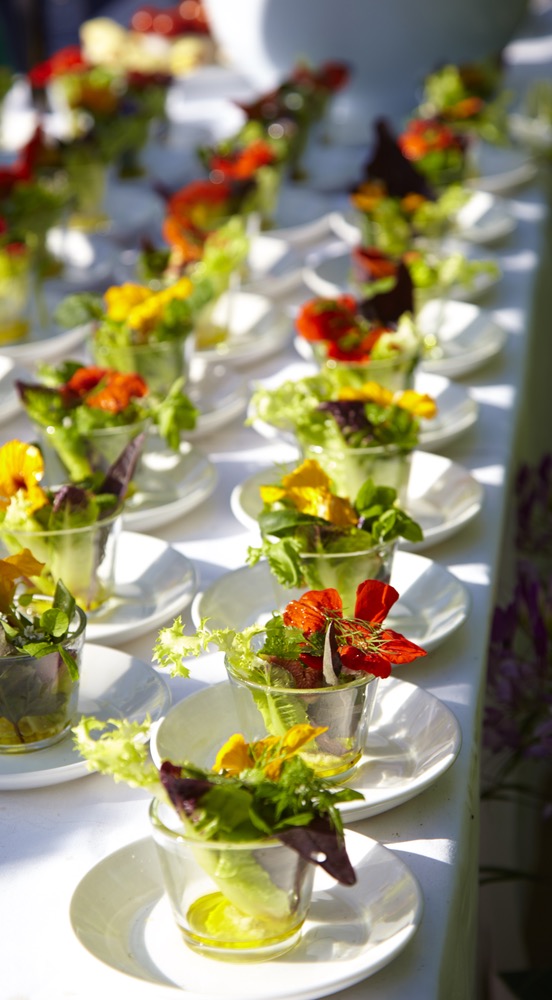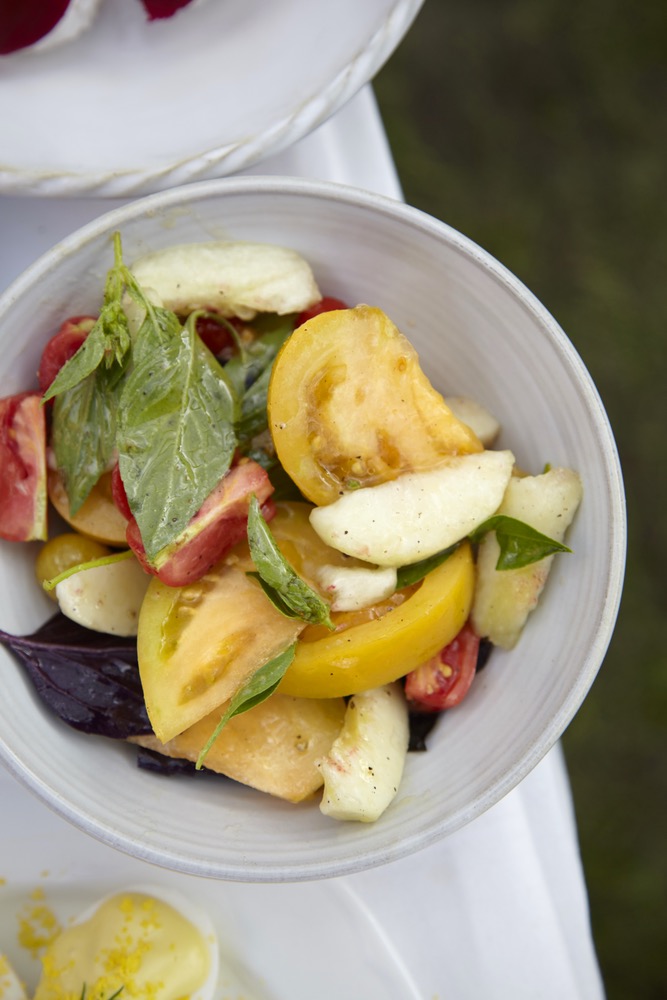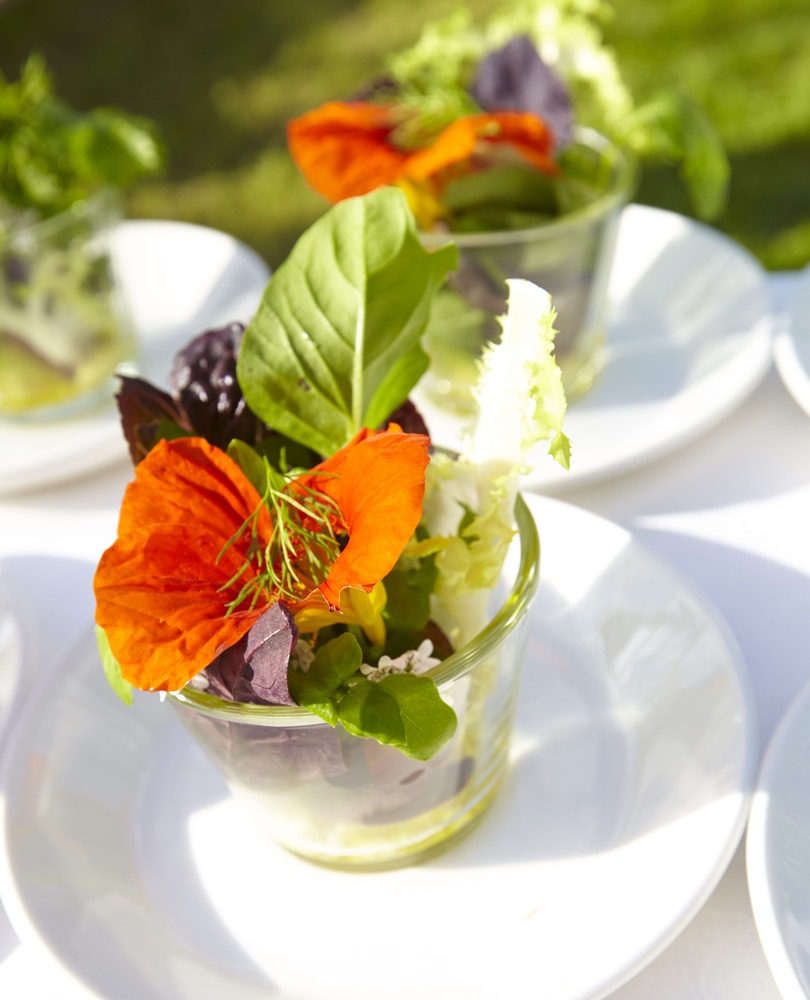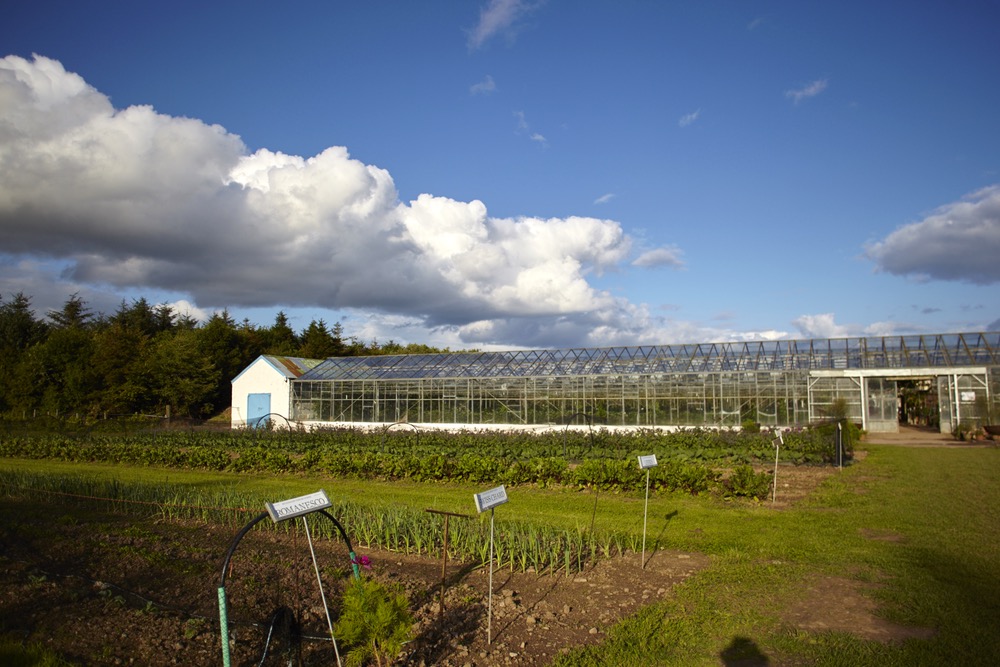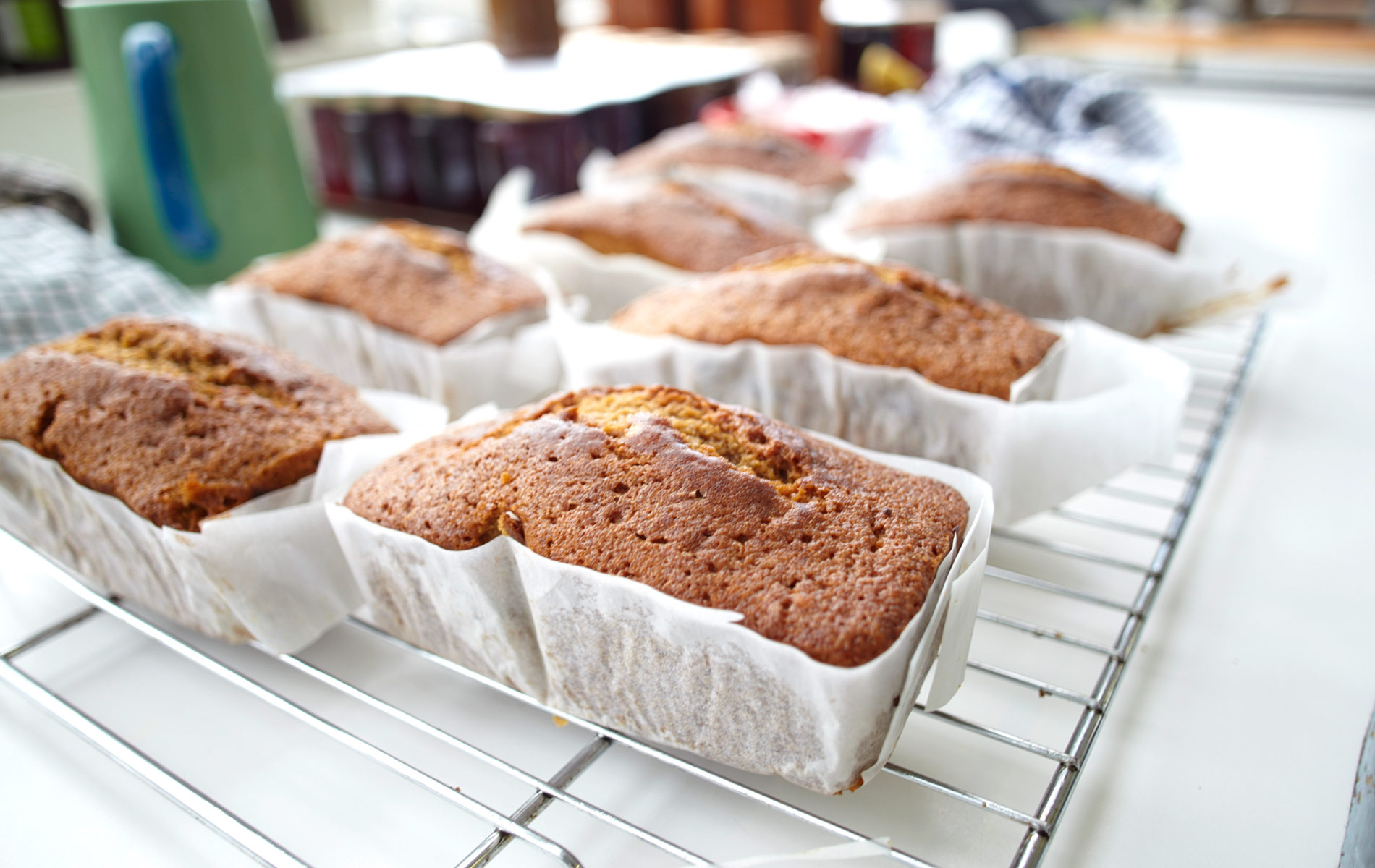
vie-magazine-ireland-cooking-school
A Trip to Bountiful Ballymaloe
By Tori Phelps | Photography by Colleen Duffley
Darina Allen is probably the most famous person you’ve never heard of. If you live in the United States, that is. The rest of the world is quite familiar with her. Though she’s sometimes called the Julia Child of Ireland, Allen is, in fact, a true original.
An Irishwoman who was raised in a tiny village and now travels the world, she’s both charmingly laid back and fiercely passionate when it comes to food. At her distinguished Ballymaloe Cookery School, students quickly learn that Allen isn’t interested in futuristic culinary trends or any dishes with more style than substance. The internationally renowned chef and cookbook author is far more concerned with where food comes from.
And she thinks you should be, too.
Mother Nature’s Classroom
Allen and her family have created an empire around simple, fresh, farm-to-table food from their home base in the Cork countryside on Ireland’s southern coast. She doesn’t run Ballymaloe for the money; with her status, Allen could make a lot more simply by doing TV appearances. She welcomes students to her home in order to show them, literally, where food comes from. Or at least where it ought to come from.
She first came to this plot of land in the late 1960s, fresh out of hotel school and unable to find a job. The lack of employment offers didn’t reflect on her talent, but rather the times. “Men were chefs, and women ran tea shops,” she says wryly.
Nothing against tea shops, but she had other plans. She’d heard about a woman, Myrtle Allen, who had opened a country inn and restaurant a few years earlier, writing the menu every day based on what was in season. She even made her own ice cream with milk from her own cows. It stuck with Allen because it was so odd; nobody ran restaurants out in the country. She now knows that it was the first such venture in Ireland and perhaps in the British Isles.
Allen wrote to this pioneering woman and inquired about a job. Myrtle responded warmly, inviting her to join the kitchen and mentioning that she had children about the same age. Spoiler alert: Allen became an Allen by marrying one of those children. “I joined the family the expeditious way—by marrying the boss’s son,” she says.
The lifestyle suited Allen perfectly. She had been raised in the country, one of nine children in a home where there was always a stew simmering or a pie baking. Her family had a kitchen garden, hens for eggs, and a Kerry cow for milk. Perfectly simple, home-cooked food was all she knew. Processed food was nearly unheard of, and there certainly wasn’t any in the house. Rather, her mother designed meals around what was popping up in the garden.
Of the Allen family’s eventual market-cornering enterprises, she shrugs that one thing simply led to another. There are now four generations of Allens living and working within a few miles of each other, including her own four children and ten grandchildren. They all have separate businesses under the Ballymaloe umbrella, from a garden shop to a catering company to a farmers’ market. “We all want to make a living on the land we love,” she explains.
Allen’s main responsibility is Ballymaloe Cookery School. It sits on a one-hundred-acre certified organic farm—the first cooking school in the world to do so—and boasts acres of greenhouses and livestock dwellings that serve as outdoor classrooms. Ballymaloe was an organic, farm-to-table, composting operation before any of those things were buzzwords—or even had a name. It’s not a sales pitch; it’s just who they are and how they’ve always lived.
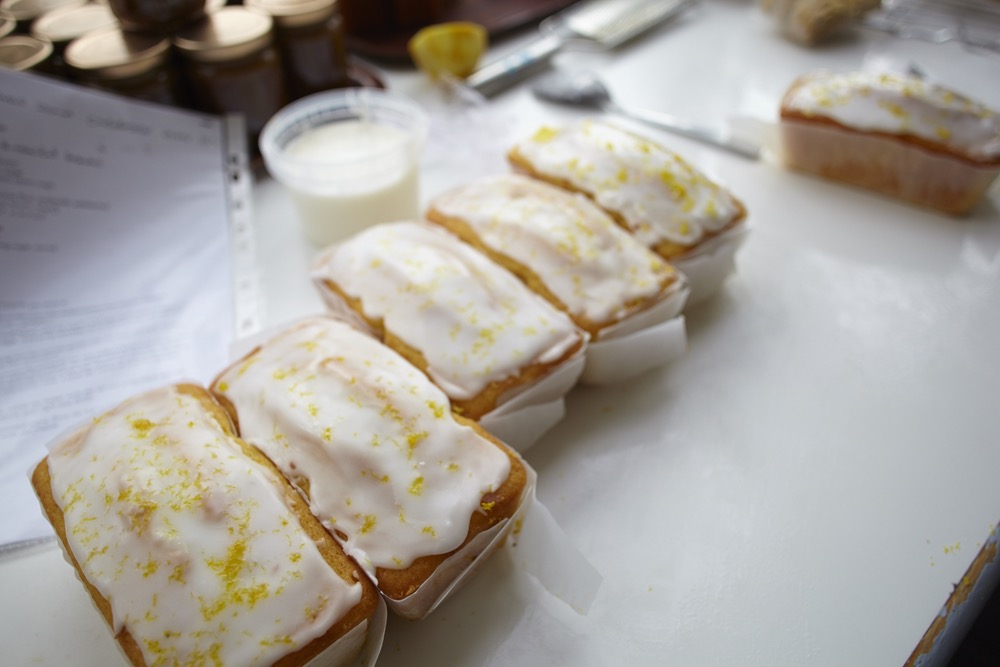
Colleen Duffley can attest to that. The Santa Rosa Beach, Florida, resident has been to Ballymaloe multiple times over the last fifteen-plus years, falling in love with the people and their “new” ideas immediately. She recalls an occasion during one of the her trips when a student threw a scrap of food into the garbage. “Darina pulled it out and said, ‘We’ll put this in the compost pile because we compost everything.’ She was very nice about it, but that scrap wasn’t going to be thrown away,” Duffley says.
A commercial photographer who’s traveled the world shooting campaigns for top magazines and retail VIPs such as Neiman Marcus and Pottery Barn, Duffley’s passion for cooking initially drew her to Ballymaloe. What she learned there, like the principles of the Slow Food movement, kept her coming back. Not to mention that while the rest of the world was still disdainful of Irish cuisine, Duffley had some of the best food of her life at Ballymaloe.
Slow Food is another just-the-way-it’s-always-been regimen that Allen adhered to before it was a “thing.” But now that it’s an official movement, she’s a zealous supporter. The Slow Food movement, launched in 1986 by Italian journalist Carlo Petrini, came about following a protest to keep McDonald’s out of Rome. (The protest failed, by the way, and today a visit to the iconic Spanish Steps includes the smell of French fries.) But from those protests arose an international organization dedicated to everything that fast food is not: good, clean, and fair. Proponents believe that food should be good for you, produced in clean surroundings that don’t damage the environment, and fair to the people who produce it.
Allen calls the Slow Food movement a vital correction to our badly fractured food system. She points out that the emphasis for the past half century has been on producing maximum food at minimum cost. Despite the fact that our health depends on the food we eat, we spend less on food now than at any time in history—and we know more about the lives of celebrities than we do about how our food is produced. “The public has been lulled into the concept that cheap food is their right, but there’s no such thing as cheap food,” she cautions. “We pay for it somehow.”
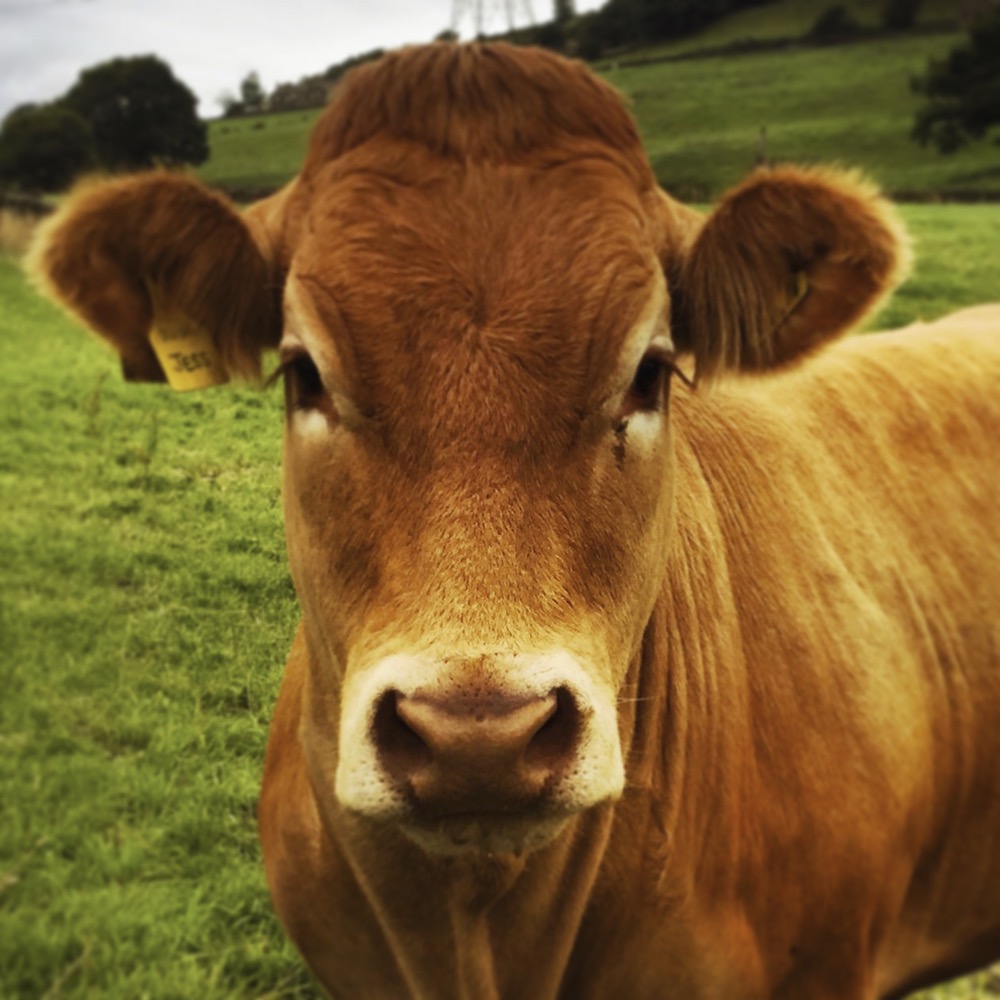
News stories highlight those costs, like rising obesity and disease rates. Allen is most frustrated by the fact that whole generations don’t know where their food comes from, let alone how to grow it. She believes it’s essential to embed those essentials into school curricula. Shouldn’t feeding ourselves be considered at least as important as math and science, she asks? And by “embed,” she means into every subject, at every level. She suggests learning about geography by studying the foods of different regions or about math by studying food-related percentages.
The Place of Sweet Honey
Until the rest of the world comes around, though, she’ll continue to do her part at Ballymaloe. Chefs, aspiring chefs, and regular ol’ food lovers from every corner of the planet travel to Ballymaloe for cooking classes that range from a half-day course to a prestigious three-month certificate program that equips students to earn their livings as chefs.
But you don’t have to be on a class roster to access Ballymaloe’s foodie paradise. The gardens are open to the public, as are the daily cooking demonstrations. “Just swing by,” Allen invites.
Whether students or visitors, people come to Ballymaloe to learn about cooking. But more importantly, they come to truly understand how food gets from farm to fork—and how short that journey should be. By now, Duffley gets it. And yet she can’t stay away. She was last at Ballymaloe in July 2015 and fell into the familiar routine of spending the morning with the milk cows and picking produce in the gardens. Then it’s time to head for the kitchens because except for breakfast, which is usually cooked by the staff, students eat what they cook.
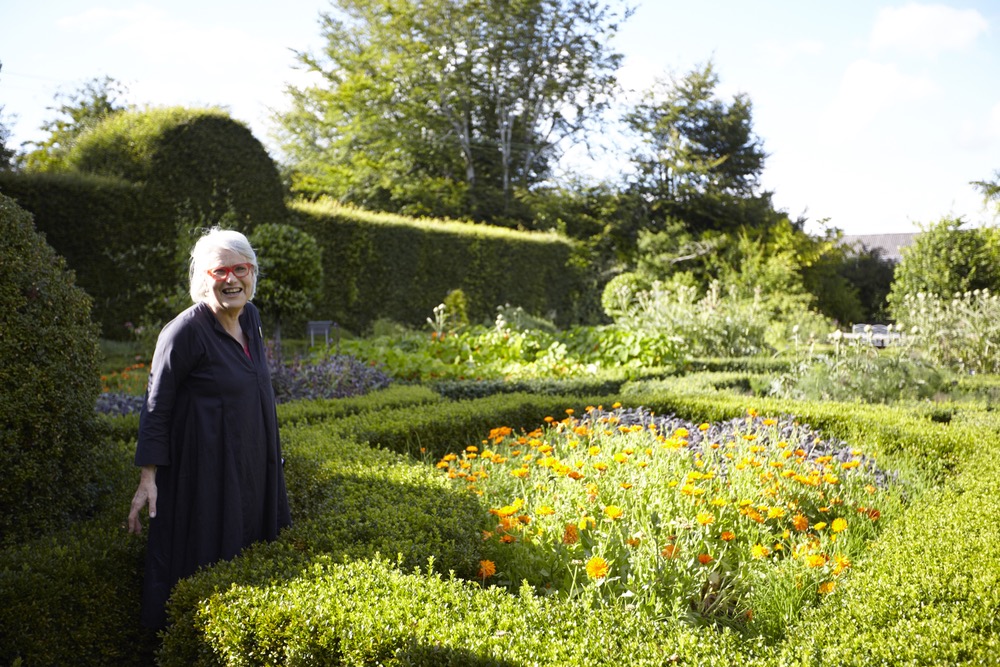
Ballymaloe instructors cover everything from basic knife skills to advanced culinary techniques, and they do it in a supportive, nonthreatening way. Duffley is an accomplished cook who’s been to schools all over the world, but she insists there’s something special about Ballymaloe. “They really hone your cooking skills,” she relates, “but they do it with such ease that it makes you feel comfortable attacking any recipe.”
Perhaps it’s the family-centered aspect of Ballymaloe that makes people feel like they’ve come home. Or maybe it’s the fact that the school and farm are a soul-satisfying return to how food—and life—should be. There’s no denying that the past is very much present at Ballymaloe. The word itself is an ancient Gaelic term that translates to “the townland of sweet honey.” Even a thousand years ago, it seems, the area was a culinary hot spot.
The fertile land and the commitment of the Allen family to nurturing that land have led to astonishing things. Allen has appeared in more than half a dozen of her own cooking series, sometimes alongside her brother, Rory O’Connell, whom Duffley calls one of the most gifted chefs she has ever seen in action. She also writes a weekly food and travel column for the Irish Examiner and helped launch the Kerrygold Ballymaloe Litfest of Food and Wine. The only event of its kind in the country, Litfest combines Ireland’s illustrious tradition of prose and poetry with top-notch artisanal foods and drinks.
The consequences of not working toward a drastic change in the food supply are too dire to remain politely silent.
In addition to her television series, which have a global reach, Allen is most recognized as a cookbook author. She has written between fourteen and sixteen—she can’t even recall how many off the top of her head—and is at work on her latest. “The working title is For God’s Sake, Grow Your Own Food,” she chuckles.
Only time will tell whether she’s serious about the title, but it’s entirely likely that she is. Allen knows she gets worked up when she talks about fresh food (“I’m sounding like an old fuddy-duddy, aren’t I?” she queries at one point), but she can’t help it. The consequences of not working toward a drastic change in the food supply are too dire to remain politely silent.
While spreading the Slow Food message, she’s become an ambassador of sorts for Irish food. Allen readily admits that Irish food has an appalling reputation, but then again, so do British and American foods, she counters. All of that is changing, though. Ireland now has an incredible artisanal food sector, including cheese makers who’ve helped many of their US peers get started.
The revival of Ireland’s culinary reputation is thanks to the kind of food grown at Ballymaloe—what Allen calls “lovely fresh food that’s in season.” And though she keeps an eye on international trends, she refuses to fall slavishly in step. “I have very little time for things like molecular gastronomy,” she says, adding that she does respect the chefs who do it well. “It’s just not my type of food.”
Allen’s food is a lot like the woman herself: warm, straightforward, and down to earth. She’s as famous as any chef in the world, attests the globe-trotting Duffley, but she doesn’t wear that celebrity like most chefs of her renown. Duffley still recalls one of her first encounters with Allen as a perfect example of her nature: “I was eating alone in the dining room, and she invited me into the kitchen to eat with her family,” Duffley says. “She didn’t know me; she just knew I was alone.”
That graciousness, she says, makes Allen remarkably approachable, a stark contrast to many high-profile American chefs. Allen laughs when asked how she’s escaped that pitfall—and that reputation. “It helps that I live in the country,” she replies. “And in Ireland, we don’t have that same sort of hero worship when it comes to celebrities. Which is a jolly good thing, because there’s no need to get above yourself.”
Digging in the dirt on a daily basis is certainly one way to keep your feet on the ground. And it’s an essential part of learning how to cook, Allen argues, which is why her students get plenty of opportunity to do so. Participants in the intensive three-month program even get their own plot of land to work.
Whether they attend classes that are hours or months long, Allen expects her students to leave Ballymaloe with enhanced skills and more confidence in the kitchen. But most importantly, she wants them to understand that all good food comes from good sources. “If you start off with mass-produced, denatured food, you have to be a magician to make it taste good,” she says. “But if you start with fresh fish and vegetables, for example, it’s so easy to make it good.”
And with the knowledge of what good food really is, Allen hopes more people will incorporate quality food and cooking time into their daily lives. It’s the secret to far more than just a tasty dinner. “There’s not much that can’t be solved when people are cooking together,” she muses.
Duffley has experienced the truth of that, which is why she’ll continue to return to the place and the people who captured her heart a decade and a half ago. “Cooking is the best gift you can give someone,” she says. “And Ballymaloe epitomizes everything good about it.”
— V —
For more information about Ballymaloe Cookery School, visit www.cookingisfun.ie.
For more information about the Kerrygold Ballymaloe Litfest of Food and Wine, visit www.litfest.ie.
Share This Story!
KEEP UP WITH THE LATEST STORIES FROM VIE



